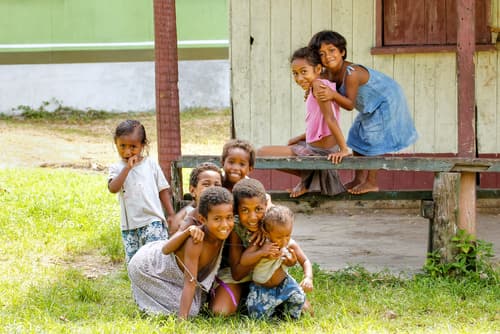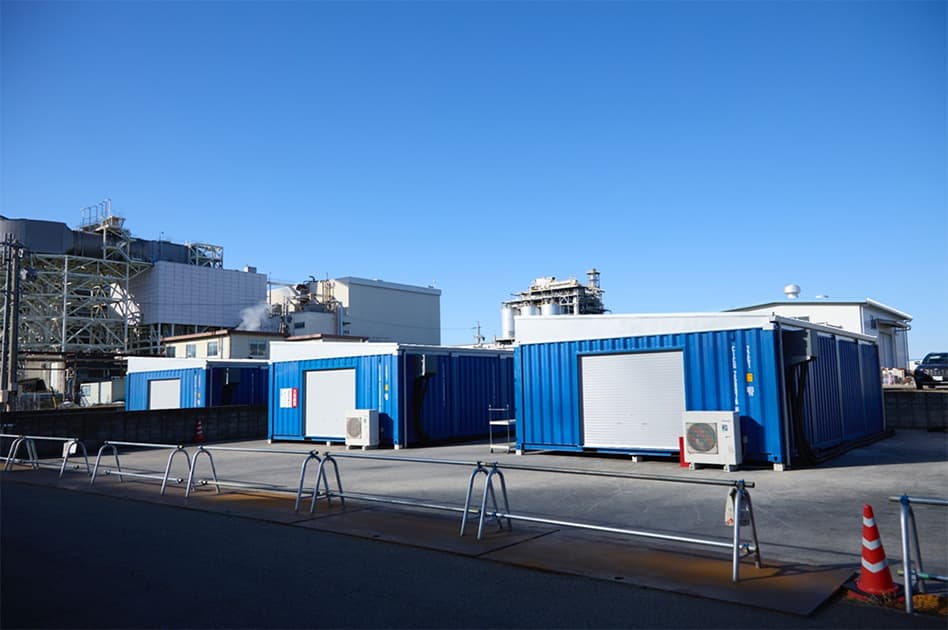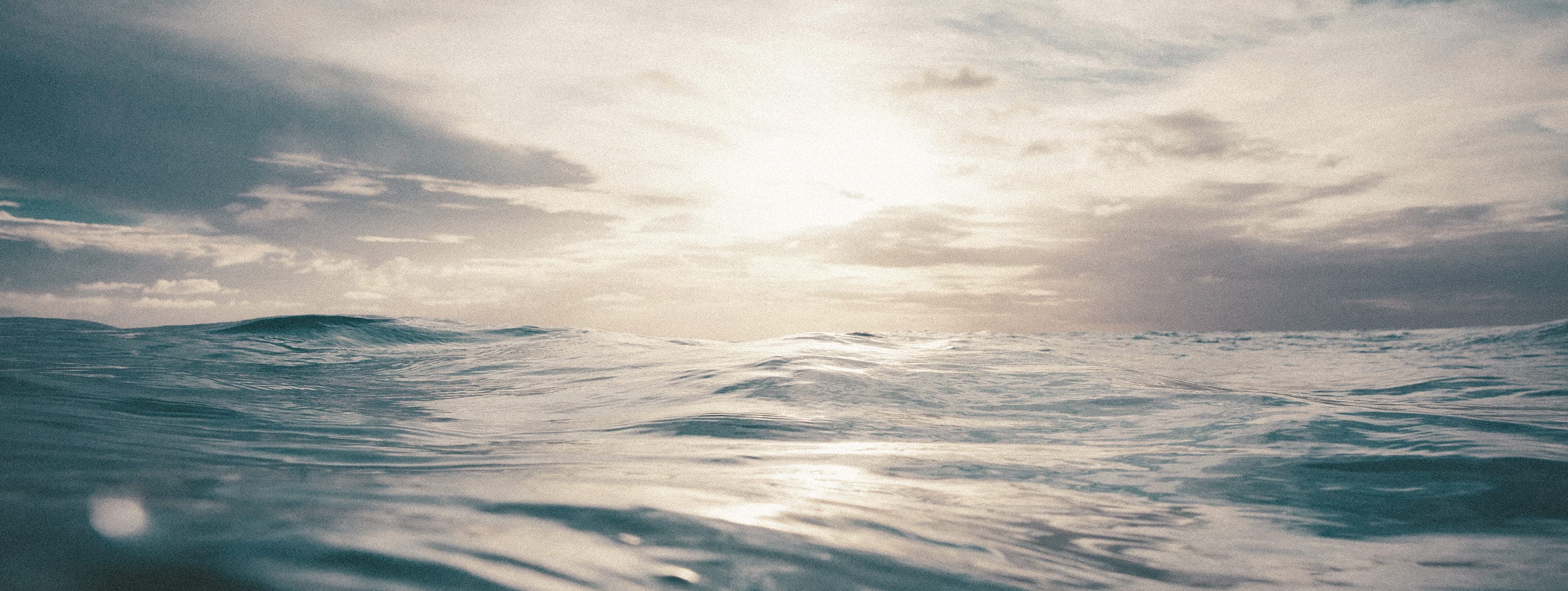On July 12th, 2024, the United Nations Development Programme (UNDP) held the "Policy Discussion among Leaders of Pacific Small Island Developing States (SIDS) Countries to Accelerate Green Transformation in the Pacific Region through Just Energy Transition" to foster the dialogue for the 10th Pacific Island Leaders Meeting (PALM10). PALM10 was led together by representatives from 18 Pacific Islands Forum (PIF) members and Japan. The discussion focused on empowering national leadership, fostering international and public-private collaborations, and formulating sustainable policy initiatives. The main goals were to enhance ecological preservation and economic stability in regions directly affected by environmental changes.
Pacific Vulnerability: An Urgent Call for Resilience and Collaboration
Pacific Ocean countries are particularly vulnerable due to their unique geographical and environmental characteristics. These regions are experiencing more rapid sea-level rise compared to many other parts of the world, posing existential threats to some island nations. Rising sea levels can result in land loss, increased flooding, and salinization of crucial freshwater supplies, which are essential for human survival and agriculture. Moreover, the frequency and intensity of extreme weather events such as cyclones and tsunamis are increasing. These events lead to displacement, compromise food security by destroying crops, and disrupt clean water supplies, further straining the resilience of these vulnerable regions.
Recognizing the severity of these challenges, the United Nations Development Programme (UNDP) emphasizes the critical need for global and regional collaboration to mitigate the worst impacts of climate change through immediate greenhouse gas reduction. Furthermore, the UNDP supports enhancing local resilience and adaptation strategies at the community level, which are crucial for the sustainable development of these at-risk Pacific nations.
Fostering International collaboration between the Pacific Ocean Countries and Japan
As part of the Paris Agreement, Japan has strengthened partnerships with Pacific Ocean countries to promote green transformation (GX) and support capacity building. A prime example is the Pacific Green Transformation Project, funded through Japan's Official Development Assistance and implemented in collaboration with UNDP. This initiative aims to foster decarbonized transport in Samoa and enhance renewable energy capabilities in Vanuatu, Papua New Guinea, and Timor-Leste. The project not only supports these nations in transitioning to sustainable energy sources but also helps build resilient infrastructure to withstand environmental and climate-related challenges. On a regional scale, Kitakyushu city in Japan and Koror State in Palau are conducting feasibility studies on projects that sustainably utilize local resources, such as using pruned branches from resort hotels and public institutions as boiler fuel. Japan's involvement also aligns with its geopolitical strategy of promoting a free and open Indo-Pacific region. By supporting Pacific Island countries (PICs) in sustainable development, Japan fosters stronger regional ties and stability, which are critical for its strategic interests in the region.
Pacific Ocean Countries’ Initiatives Toward Sustainable Energy and Decarbonization and Its Challenges
During the event, Mr. Maualaivao, representative of the Government of Samoa and Mr. Liu, representative of the Government of Vanuatu discussed current progress towards sustainable energy and decarbonization. In addition, they also revealed challenges from local perspectives. Samoa has embarked on ambitious green initiatives to decarbonize its land and maritime transport sectors, supported by national plans and international collaborations such as the Pacific Green Transformation Project. This project has provided Samoa with critical resources like electric vehicles and charging stations. However, Samoa faces challenges in developing the necessary infrastructure and capacity to support these new technologies and in managing the environmental impacts of these transitions.
Vanuatu, on the other hand, aims for a fossil fuel-free Pacific by enhancing renewable energy access and generation. Projects like the introduction of Pico-Hydro systems (generating hydroelectric power below 5kW) on Pentecost Island highlight local initiatives promoting community management. Yet, Vanuatu's progress is impeded by geographical challenges, technical barriers in grid integration, and a profound need for capacity building. Both technical and financial support from international partners, including training and funding facilitation, are crucial to overcome these barriers.
These island nations demonstrate a proactive stance on environmental sustainability, but their success heavily relies on overcoming infrastructural and technological challenges, enhancing local capacities, and leveraging international cooperation to realize their ambitious goals.
PALM10: Japan and Pacific Island Countries Outlined Future Cooperation Goals
This event has underscored the necessity for a comprehensive strategy that enhances both local innovations and international partnerships to support small island developing states (SIDS). At the PALM 10 summit, Japan committed to advancing the Pacific Climate Resilience Initiative, which is founded on three main objectives:
(1) strengthening disaster risk reduction and response capacity
(2) promoting decarbonization
(3) supporting Pacific-led efforts.
Additionally, Japan promised to promote development cooperation, increase people-to-people exchanges, and facilitate human resource development for over 65,000 people in the next three years. By aligning with the actual needs of Pacific SIDS, these partnerships seek to drive meaningful progress towards sustainable development and regional stability.
PIF Members: Cook Islands, Federated States of Micronesia, Fiji, Kiribati, Marshall Islands, Nauru, Niue, Palau, Papua New Guinea, Samoa, Solomon Islands, Tonga, Tuvalu,Vanuatu, French Polynesia, New Caledonia, Australia and New Zealand.
Reference
Pacific Community: Climate Change in Pacific
The IPCC report and the climate crisis in the Pacific
IGES 1.5°C Roadmap website




